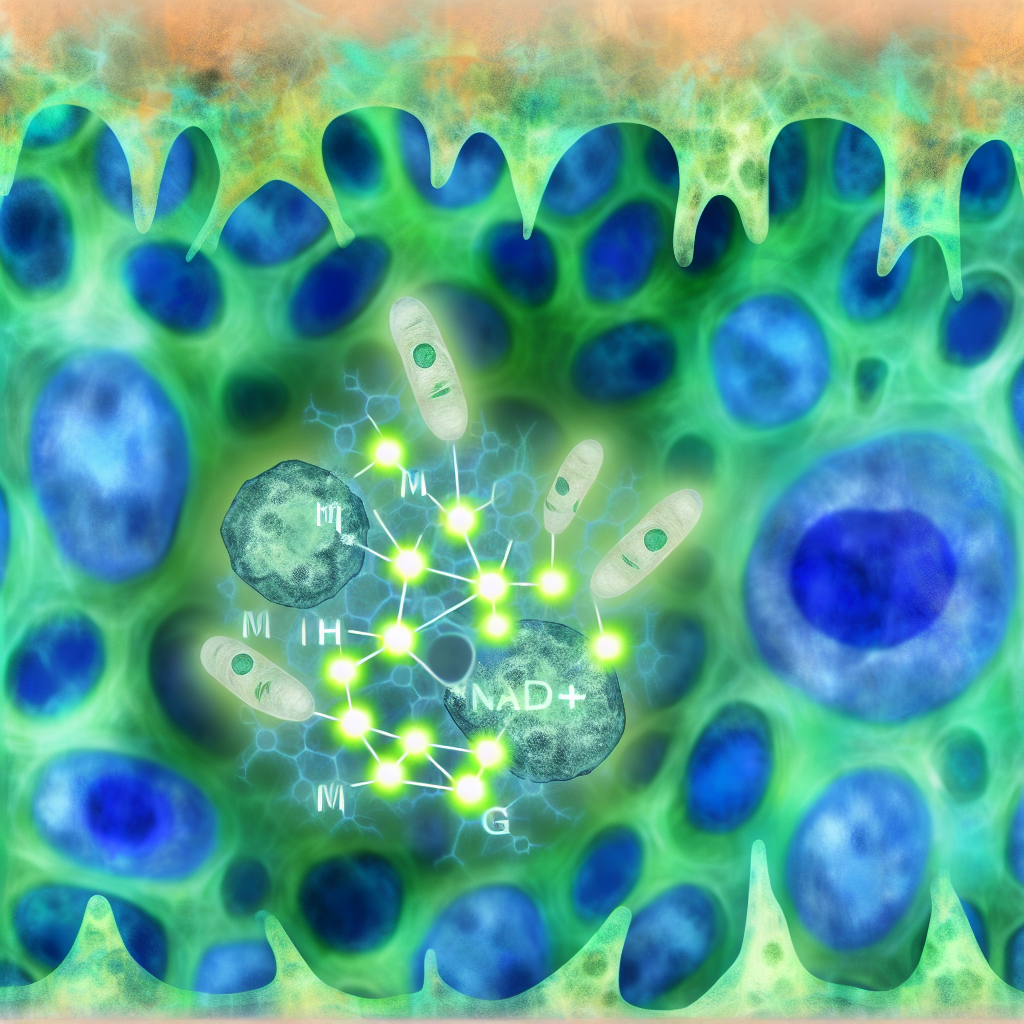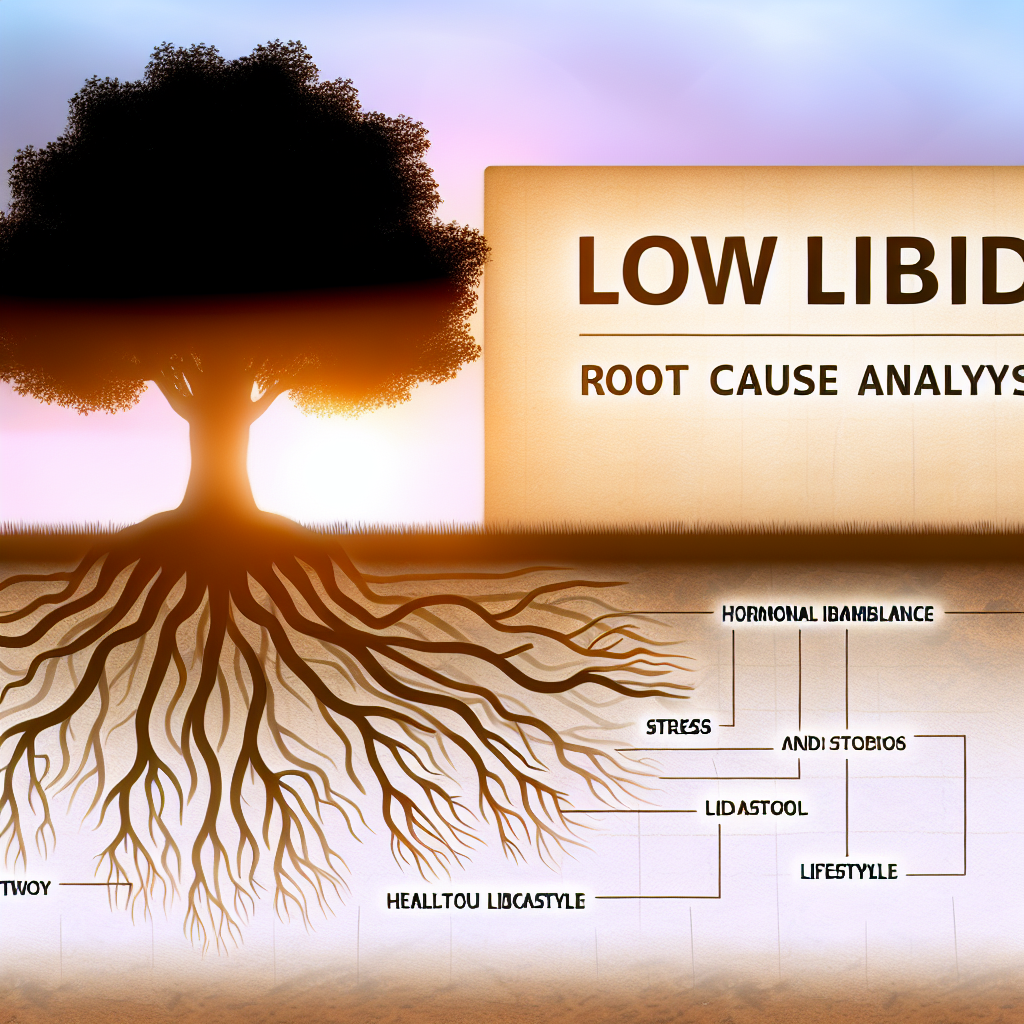NAD+ Therapy for Cellular Rejuvenation and Energy
Introduction
In today’s rapidly evolving world of health and wellness, men of all ages—from teens to those in their 90s—are actively pursuing ways to extend longevity, restore vitality, and revitalize their energy levels. One such promising breakthrough is NAD+ therapy, a pioneering advancement in regenerative medicine that may hold the key to cellular rejuvenation and increased vitality at the most fundamental levels of biology.
NAD+, or nicotinamide adenine dinucleotide, is a crucial coenzyme found in every cell of the human body. It’s a major player in several core metabolic processes, including energy production, DNA repair, immune function, and regulating circadian rhythms. However, as we age, NAD+ levels naturally decline—by the age of 40, our stores may drop to nearly half of what we had in our youth. This decline is believed to contribute directly to symptoms like chronic fatigue, memory loss, muscle weakness, and susceptibility to chronic disease.
Unlike treatments that simply mask signs of aging, NAD+ supplementation seeks to treat aging at its root by recharging our cellular engines—especially the mitochondria. With options like IV infusions and oral supplements (including NR and NMN), NAD+ therapy offers a path to revitalize one’s body from the inside out. Whether you’re an athlete hoping to cut recovery time, a working professional in need of mental clarity, or an older adult wanting to protect brain and heart health, this treatment is gaining momentum as a true game-changer.
Features and Medical Studies
Research into NAD+ therapy reveals the compound’s potential in multiple avenues of health and disease prevention. NAD+ acts as a key facilitator for sirtuins—enzymes that influence energy usage, inflammation, and lifespan. Simultaneously, it fuels mitochondria in producing ATP, the energy currency vital for optimal cell function.
One landmark study published in Cell Metabolism (Gomes et al., 2013) demonstrated that replenishing NAD+ levels restored mitochondrial function and reversed markers of aging in aged mice. Another key study in Science (Imai & Guarente, 2014) highlighted how NAD+ activates sirtuins such as SIRT1, improving insulin sensitivity, reducing chronic inflammation, and boosting DNA repair.
For men coping with chronic fatigue and mitochondrial dysfunction, studies from the Journal of Addiction Research & Therapy observed that NAD+ infusions improved energy metabolism, sleep patterns, and mental acuity—key metrics for performance and mood stabilization.
Intriguingly, NAD+ therapy has also shown promise in addiction recovery. A study executed by researchers at Harvard Medical School (2018) showed that NAD+ reduced cravings and withdrawal symptoms in patients tapering off alcohol or opioids, helping to restore neurological health.
In the realm of neuroprotection, remarkable findings published in Nature Communications (2020) demonstrated that age-related cognitive decline and neurodegenerative conditions like Alzheimer’s could be slowed through NAD+ supplementation. The therapy helped prevent neuronal death, enhance memory function, and improve synaptic plasticity in older mice.
Cardiovascular wellness is another frontier. A pivotal study in the American Journal of Physiology reveals that NAD+ helps lower blood pressure, restore endothelial function, and improve arterial elasticity—critical components for heart health in older men.
As for how it’s administered, IV therapy is often regarded as the most effective delivery method because of its immediate bioavailability. Treatments typically last between 90 to 180 minutes and may be done multiple times per week, depending on the health goals of the patient. For longer-term benefits, oral forms like nicotinamide riboside (NR) and nicotinamide mononucleotide (NMN) are gaining popularity for daily maintenance. Ongoing clinical trials are assessing the optimal dosages and long-term safety of these options in various populations.
Conclusion
Whether you’re seeking optimum sports recovery, enhanced executive brainpower, or proactive aging solutions, NAD+ therapy offers an evidence-based, future-facing approach to boosting vitality at the cellular level. The range of benefits—from enhanced energy, improved cognition, and cardiovascular resilience to better neurological protection—make this therapy a compelling option for men across all life stages.
Though it’s still emerging in the mainstream, the growing number of scientific studies and anecdotal reports suggests that NAD+ supplementation has immense therapeutic value. As with any medical treatment, consultation with a certified healthcare provider is crucial. When combined with proper exercise, nutrition, and sleep, NAD+ therapy holds the potential to unlock a more vibrant, energized, and resilient you.
Concise Summary
NAD+ therapy is an innovative treatment aimed at restoring cellular energy, slowing aging, and improving overall health by replenishing NAD+—a coenzyme essential to metabolism and DNA repair. As NAD+ naturally declines with age, treatments like IV infusions and supplements (NR/NMN) show promise for enhancing energy, brain function, heart health, and even addiction recovery. Backed by emerging research, it offers a compelling strategy for men seeking long-term vitality and performance. Though more human trials are needed, current studies suggest it can be a core part of optimized, science-backed male wellness.
References
1. Gomes, A. P., et al. (2013). [Declining NAD+ induces a pseudohypoxic state disrupting nuclear-mitochondrial communication during aging.](https://www.cell.com/cell-metabolism/fulltext/S1550-4131(13)00453-3) Cell Metabolism.
2. Imai, S., & Guarente, L. (2014). [NAD+ and sirtuins in aging and disease.](https://www.science.org/doi/10.1126/science.1258858) Science.
3. Grant, R., et al. (2019). [A pilot study of the effect of intravenous NAD+ on brain function.](https://www.longdom.org/abstract/a-pilot-study-of-the-effect-of-intravenous-nad-on-brain-function-20414.html) Journal of Addiction Research & Therapy.
4. Hou, Y., et al. (2021). [NAD+ supplementation normalizes key Alzheimer’s features.](https://www.nature.com/articles/s41467-021-25377-y) Nature Communications.
5. Ying, W. (2008). [NAD+/NADH and NADP+/NADPH in cellular functions.](https://www.liebertpub.com/doi/10.1089/ars.2007.1672) Antioxidants & Redox Signaling.
6. de Picciotto, N. E., et al. (2016). [Nicotinamide mononucleotide supplementation improves vascular function.](https://journals.physiology.org/doi/full/10.1152/ajpheart.00205.2016) American Journal of Physiology.

Dominic E. is a passionate filmmaker navigating the exciting intersection of art and science. By day, he delves into the complexities of the human body as a full-time medical writer, meticulously translating intricate medical concepts into accessible and engaging narratives. By night, he explores the boundless realm of cinematic storytelling, crafting narratives that evoke emotion and challenge perspectives. Film Student and Full-time Medical Writer for ContentVendor.com




